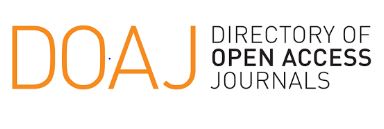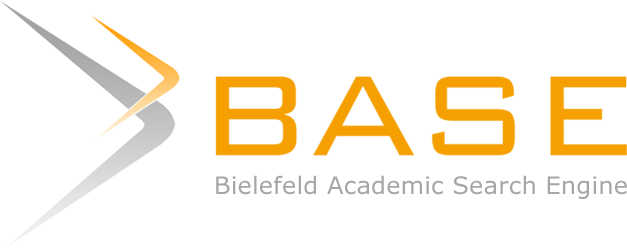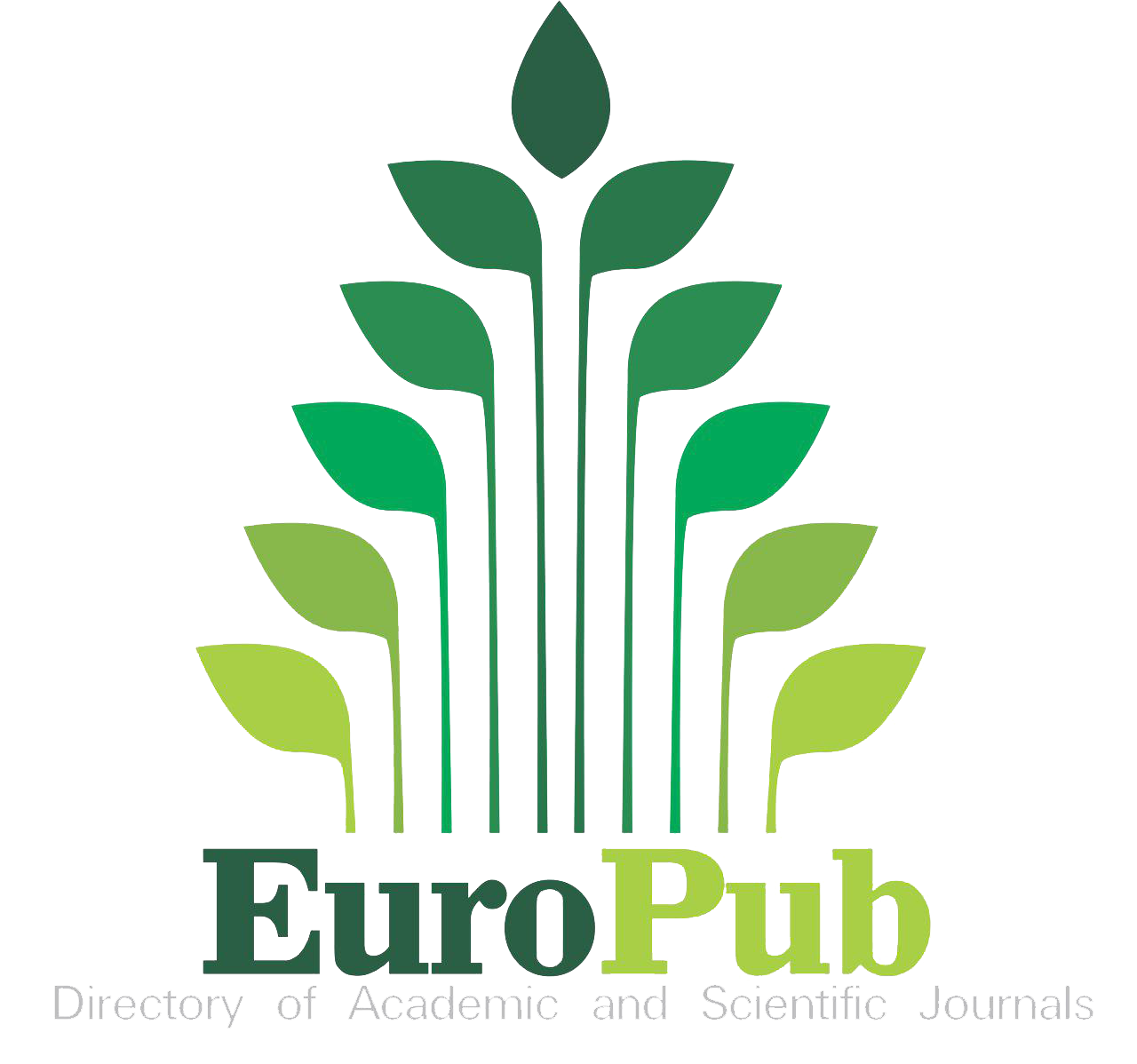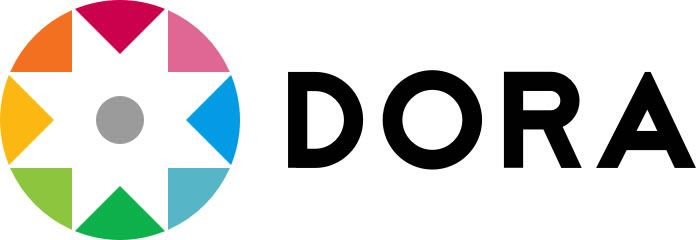Factores que afectan la adhesión de la aparatología ortodóntica fija. Revisión de la literatura
Palabras clave:
Brackets, Resistencia al Cizallamiento, Índice de Adhesivo RemanenteResumen
La adhesión de aparatología ortodóntica fija y el esmalte dental es un procedimiento importante, el cual debe estar correctamente planificado con los materiales asignados para cada situación clínica, la cual puede ser variable debido a la superficie dentaria, el historial médico y estomatológico del paciente. Además, para permitir un tratamiento eficaz en la práctica clínica se debe tomar en cuenta los factores que afectan a la cementación, los cuales pueden estar relacionados a los materiales clínicos como el ácido grabador, tipo de bracket, diseño y tamaño del bracket, adhesivo y adhesión a materiales de restauración. También, pueden estar relacionados a la superficie dentaria, como la fluorosis, defecto en la superficie dentaria que afecta la calidad del esmalte. Por otro lado, se encuentran los factores extrínsecos como los enjuagues bucales, el tabaquismo o el clareamiento dental. Por último, es imperativo mencionar que esta revisión literaria se realizó mediante estudios previos, en donde evaluaron las técnicas de adhesión ortodóntica para conseguir un mejor manejo clínico, el cual permitan el éxito del tratamiento ortodóntico, como la resistencia al cizallamiento, el índice de adhesión remanente, análisis de supervivencia in vivo y la evaluación microscópica de la microfractura.
Descargas
Referencias
Proffit W, Fields H, Sarver D. Ortodoncia Contemporánea. Barcelona: Elsevier; 2008. 754 p.
Artun J, Spadafora AT, Shapiro PA. A 3-year follow-up study of various types of orthodontic canine-to-canine retainers. Eur J Orthod. 1997 Oct 1;19(5):501–9. DOI: 10.1093/ejo/19.5.501
Sukhia RH, Sukhia HR, Azam SI, Nuruddin R, Rizwan A, Jalal S. Predicting the bracket bond failure rate in orthodontic patients: A retrospective cohort study. Int Orthod. 2019 Jun;17(2):208–15. DOI: 10.1016/j.ortho.2019.03.002
Grazioli G, Hardan L, Bourgi R, Nakanishi L, Amm E, Zarow M, et al. Residual Adhesive Removal Methods for Rebonding of Debonded Orthodontic Metal Brackets: Systematic Review and Meta-Analysis. Materials (Basel). 2021 Oct 15;14(20):6120. DOI: 10.3390/ma14206120
Bakhadher W, Halawany H, Talic N, Abraham N, Jacob V. Factors Affecting the Shear Bond Strength of Orthodontic Brackets - a Review of In Vitro Studies. Acta Medica (Hradec Kral. 2015;58(2):43–8. DOI: 10.14712/18059694.2015.92
Newman G. Epoxy adhesives for orthodontic attachments: progress report. Am J Orthod. 1965;51(12):901–12. DOI: 10.1016/0002-9416(65)90203-4
Ropp RC. Group 15 (N, P, As, Sb and Bi) Alkaline Earth Compounds. In: Encyclopedia of the Alkaline Earth Compounds. Elsevier; 2013. p. 199–350.
Legler L, Retief D, Bradley E. Effects of phosphoric acid concentration and etch duration on enamel depth of etch: An in vitro study. Am J Orthod Dentofac Orthop. 1990;98(2):154–60. DOI: 10.1016/0889-5406(90)70009-2
Gardner A, Hobson R. Variations in Acid-Etch Patterns With Different Acids and Etch Times. Am J Orthod Dentofac Orthop. 2001;20(1):64–7. DOI: 10.1067/mod.2001.114643
Shafiei F, Sardarian A, Fekrazad R, Farjood A. Comparison of shear bond strength of orthodontic brackets bonded with a universal adhesive using different etching methods. Dent Press J Orthod. 2019 Aug;24(4):33.e1-33.e8. DOI: 10.1590/2177-6709.24.4.33.e1-8.onl
Ousehal L, El Aouame A, Rachdy Z, Benkiran G. Comparison of the efficacy of a conventional primer and a self-etching primer. Int Orthod. 2016 Jun;14(2):195–205. DOI: 10.1016/j.ortho.2016.03.005
National Center for Biotechnology Information. PubChem Database. 2-Hydroxyethyl methacrylate, CID=13360 [Internet]. Disponible en: https://pubchem.ncbi.nlm.nih.gov/compound/2-Hydroxyethyl-methacrylate
National Center for Biotechnology Information. PubChem Database. Aluminum oxide, CID=9989226 [Internet]. Disponible en: https://pubchem.ncbi.nlm.nih.gov/compound/Aluminum-oxide
Daratsianos N, Schütz B, Reimann S, Weber A, Papageorgiou SN, Jäger A, et al. The influence of enamel sandblasting on the shear bond strength and fractography of the bracket-adhesive-enamel complex tested in vitro by the DIN 13990:2017-04 standard. Clin Oral Investig. 2019 Jul 13;23(7):2975–85. DOI: 10.1007/s00784-018-2692-7
Anja B, Walter D, Nicoletta C, Marco F, Pezelj Ribarić S, Ivana M. Influence of Air Abrasion and Sonic Technique on Microtensile Bond Strength of One-Step Self-Etch Adhesive on Human Dentin. ScientificWorldJournal. 2015;2015:1–6. DOI: 10.1155/2015/368745
Lorenzo MC, Portillo M, Moreno P, Montero J, Castillo-Oyagüe R, García A, et al. In vitro analysis of femtosecond laser as an alternative to acid etching for achieving suitable bond strength of brackets to human enamel. Lasers Med Sci. 2014 May 13;29(3):897–905. DOI: 10.1007/s10103-013-1278-5
Latić Hodžić L, Ionescu AC, Brambilla E, Basso M, Gabrić D, Meštrović S. Shear Bond Strength of Orthodontic Brackets Luted with RMGIC After Er:YAG Laser Etching with Two Pulse Modes Using a Digitally Controlled “X-Runner” Handpiece. Photomed Laser Surg. 2018 Nov;36(11):608–13. DOI: 10.1089/pho.2018.4461
Birnie D. Ceramic Brackets. Br J Orthod. 1990;17(1):71–5. DOI: 10.1179/bjo.17.1.7119.
Joseph VP, Rossouw E. The shear bond strengths of stainless steel and ceramic brackets used with chemically and light-activated composite resins. Am J Orthod Dentofac Orthop. 1990 Feb;97(2):121–5. DOI: 10.1016/0889-5406(90)70084-P
Reddy Y, Sharma R, Singh A, Agrawal V, Agrawal V, Chaturvedi S. The Shear Bond Strengths of Metal and Ceramic Brackets: An in-Vitro Comparative Study. J Clin Diagn Res. 2013;7(7):1495–7. DOI: 10.7860/JCDR/2013/5435.3172
Forsberg C, Hagberg C. Shear bond strength of ceramic brackets with chemical or mechanical retention. Br J Orthod. 1992;19(3):183–9. DOI: 10.1179/bjo.19.3.183
Viazis A, Cavanaugh G, Bevis R. Bond strength of ceramic brackets under shear stress: an in vitro report. Am J Orthod Dentofac Orthop. 1990;98(3):214–21. DOI: 10.1016/S0889-5406(05)81598-7
Reynolds I. A review of direct orthodontic bonding. Br J Orthod. 1975;2:171–8. DOI: 10.1080/0301228X.1975.11743666
Sorel O, El Alam R, Chagneau F, Cathelineau G. Comparison of bond strength between simple foil mesh and laser-structured base retention brackets. Am J Orthod Dentofac Orthop. 2002;122(3):260–6. DOI: 10.1067/mod.2002.125834
Wang W, Li C, Chou T, Wang D, Lin L, Lin C. Bond strength of various bracket base designs. Am J Orthod Dentofac Orthop. 2004;125(1):65–70. DOI: 10.1016/j.ajodo.2003.01.003
Shyagali TR, Bhayya DP, Urs CB, Subramaniam S. Finite element study on modification of bracket base and its effects on bond strength. Dent Press J Orthod. 2015 Apr;20(2):76–82. DOI: 10.1590/2176-9451.20.2.076-082.oar
Bishara S, Gordan V, VonWald L, Jakobsen J. Shear bond strength of composite, glass ionomer, and acidic primer adhesive systems. Am J Orthod Dentofac Orthop. 1999;115(1):24–8. DOI: 10.1016/s0889-5406(99)70312-4
Movahhed HZ, Øgaard B, Syverud M. An in vitro comparison of the shear bond strength of a resin-reinforced glass ionomer cement and a composite adhesive for bonding orthodontic brackets. Eur J Orthod. 2005 Oct 1;27(5):477–83. DOI: 10.1093/ejo/cji051
Sharma S, Singh G, Singh A, Tandon P, Nagar A. A comparison of shear bond strength of orthodontic brackets bonded with four different orthodontic adhesives. J Orthod Sci. 2014;3(2):29. DOI: 10.4103/2278-0203.132892
Sperber R, Watson P, Rossouw P, Sectakof P. Adhesion of bonded orthodontic attachments to dental amalgam: In vitro study. Am J Orthod Dentofac Orthop. 1999;1116(5):506–13. DOI: 10.1016/s0889-5406(99)70180-0
Tahmasbi S, Shiri A, Badiee M. Shear bond strength of orthodontic brackets to porcelain surface using universal adhesive compared to conventional method. Dent Res J. 2020;17(1):19–24.
Oldham CC, Ballard RW, Yu Q, Kee EL, Xu X, Armbruster PC. In vitro comparison of shear bond strengths of ceramic orthodontic brackets with ceramic crowns using an aluminium oxide air abrasion etchant. Int Orthod. 2020 Mar;18(1):115–20. DOI: 10.1016/j.ortho.2019.07.005
Golshah A, Mohamadi N, Rahimi F, Pouyanfar H, Tabaii ES, Imani MM. Shear Bond Strength of Metal Brackets to Porcelain Using a Universal Adhesive. Med Arch. 2018;72(6):425–9. DOI: 10.5455/medarh.2018.72.425-429
Rambhia S, Heshmati R, Dhuru V, Iacopino A. Shear bond strength of orthodontic brackets bonded to provisional crown materials utilizing two different adhesives. Angle Orthod. 2009;79(4):784–9. DOI: 10.2319/060908-298.1
Adanir N, Turkkahraman H, Yalcin Gungor A. Effects of adhesion promoters on the shear bond strengths of orthodontic brackets to fluorosed enamel. Eur J Orthod. 2009 Jun 1;31(3):276–80. DOI: 10.1093/ejo/cjn093
Suma S, Anita G, Chandra SB, Kallury A. The effect of air abrasion on the retention of metallic brackets bonded to fluorosed enamel surface. Indian J Dent Res. 2012;23(2):230–5. DOI: 10.1093/ejo/cjn093
Bishara S, Vonwald L, Zamtua J, Damon P. Effects of various methods of chlorhexidine application on shear bond strength. Am J Orthod Dentofac Orthop. 1998;114(2):150–3. DOI: 10.1053/od.1998.v114.a84780
Keçik D, Cehreli S, Sar C, Unver B. Effect of acidulated phosphate fluoride and casein phosphopeptide-amorphous calcium phosphate application on shear bond strength of orthodontic brackets. Angle Orthod. 2008;78(1):129–33. DOI: 10.2319/122506-529.1
Omar H, Haggag S, Ghoneima A. The effect of cigarette smoke on the shear bond strength of metallic and ceramic orthodontic brackets: An in vitro study. Int Orthod. 2020 Mar;18(1):121–6. DOI: 10.1016/j.ortho.2019.07.002
Zarif Najafi H, Bagheri R, Pakshir HR, Tavakkoli MA, Torkan S. Effect of different surface treatment on the shear bond strength of metal brackets to bleached and desensitized enamel. Int Orthod. 2019 Mar;17(1):73–9. DOI: 10.1016/j.ortho.2019.01.008
Goracci C, Özcan M, Franchi L, Di Bello G, Louca C, Vichi A. Bracket bonding to polymethylmethacrylate-based materials for computer-aided design/manufacture of temporary restorations: Influence of mechanical treatment and chemical treatment with universal adhesives. Korean J Orthod. 2019;49(6):404. DOI: 10.4041/kjod.2019.49.6.404
Ostby AW, Bishara SE, Denehy GE, Laffoon JF, Warren JJ. Effect of self-etchant pH on the shear bond strength of orthodontic brackets. Am J Orthod Dentofac Orthop. 2008;134(2):203–8. DOI: 10.1016/j.ajodo.2006.07.039
Vijayakumar R, Jagadeep R, Ahamed F, Kanna A, Suresh K. How and why of orthodontic bond failures: An in vivo study. J Pharm Bioallied Sci.2014;6(1):S85–9. DOI: 10.4103/0975-7406.137394
Stanford S, Wozniak W, Fan P. The need for standardization of test protocols. Semin Orthod. 1997;3:206–9. DOI: 10.1016/s1073-8746(97)80071-0
McCabe J, Carrick T. A statistical approach to the mechanical testing of dental materials. Dent Mater. 1986;2:139–42. DOI: 10.1016/s0109-5641(86)80021-5
Karandish M. Relevance of Micro-leakage to Orthodontic Bonding - a Review. J Dent Biomater. 2016;3(3):254–60.
Öztürk F, Ersöz M, Öztürk SA, Hatunoğlu E, Malkoç S. Micro-CT evaluation of microleakage under orthodontic ceramic brackets bonded with different bonding techniques and adhesives. Eur J Orthod. 2016 Apr;38(2):163–9. DOI: 10.1093/ejo/cjv023
Heintze SD. Clinical relevance of tests on bond strength, microleakage and marginal adaptation. Dent Mater. 2013 Jan;29(1):59–84. DOI: 10.1016/j.dental.2012.07.158
Publicado
Número
Sección
Licencia
- Los autores/as conservarán sus derechos de autor y garantizarán a la revista el derecho de primera publicación de su obra, el cuál estará simultáneamente sujeto a la Licencia de reconocimiento de Creative Commons que permite a terceros compartir la obra siempre que se indique su autor y su primera publicación esta revista.
- Los autores/as podrán adoptar otros acuerdos de licencia no exclusiva de distribución de la versión de la obra publicada (p. ej.: depositarla en un archivo telemático institucional o publicarla en un volumen monográfico) siempre que se indique la publicación inicial en esta revista.
- Se permite y recomienda a los autores/as difundir su obra a través de Internet (p. ej.: en archivos telemáticos institucionales o en su página web) posterior al proceso de aprobación del manuscrito, lo cual puede producir intercambios interesantes y aumentar las citas de la obra publicada.

















